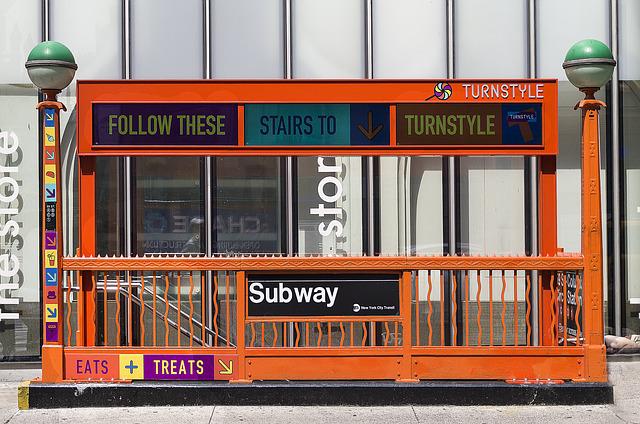It can be rather difficult to save your money, especially when so many other factors step in to encourage impulsive spending habits. You need to resist television advertisements and in-store promotions almost every day. The tips in this article will show you some easy ways to save money.
Keep an eye on world news for key information about global market trends. Especially when trading currencies, it’s important to have a global understanding, something which many Americans take for granted. If you are aware of what is happening in the rest of the world, you can adjust your strategy so that you can make better predictions about the market.
It is important that you establish some structure to ensure the security of your financial future. This plan will encourage you to stay on track, and stop you when you become a spendthrift.
Try to negotiate some options when a debt collector contacts you for a payment. They may have purchased your debt for a low price. By talking them down, you can pay less than what you originally owed while they still make a profit. Use this to your advantage and pay off your debt for a low price.
Credit Cards
Credit cards can be a wonderful replacement for debit cards. Once you have applied for, and received your card, you should use it for all of your day-to-day purchases. Some credit cards offer incentives for purchasing things, such as gas and travel expenses.
The balances on your credit cards affect your FICO score. When you maintain a large balance from month to month, your score will be lower than it should. As your balances drop, your credit score will increase. Do your best to keep your balance below the maximum credit limit by 20% or less.
By learning how to take care of your cash flow, you’ll have a well controlled property. Also, be sure to track all of the money that you make and what bills are coming due on month’s close. Be sure you have a firm property budget established to refer to as a guideline.
If you find the task of balancing your checkbook manually to be too much trouble, you can do it online instead. These programs can track your income and expenses, as well as creating a budget plan for you with minimal effort.
Store Brands
Use store brands as opposed to national brands. A lot of the times a brand name is only pricey because of the advertising they have to do. You can save money by buying cheaper store brands. There are very little differences in performance, quality, and taste.

Be vigilant for mail from credit card companies that inform you about changes to your account. The law says that they have to let you know 45 days ahead of time. Make sure that you read the new information carefully. Once you have done this, you can decide if the changes make it worth keeping the account. If you decide it is not worth maintaining, close the account, and move on.
Don’t try to save money by putting off needed maintenance. Preventing big problems later down the line comes from taking care of the things that you have. Being concerned with your possessions will ensure that you will save more later on.
If you have children and you are planning on sending them to college, it best that you start saving money as soon as they born. College costs a fortune, and if you wait too long to start saving for their college fund, you may not be able to cover the costs of their education.
You should always have at least 10 dollars on you in cash. Recent laws allow the merchants to set a minimum purchase amount when credit cards are used.
If you can, try putting some cash in your IRA, or Individual Retirement Account. Doing so will allow you to build your future finances. There are many different options for an IRA including a brokerage firm or bank. By regularly contributing to your IRA, you are essentially saving money to supplement your retirement income.
Small steps can help you get your personal finances in the right shape. Instead of dropping by a coffee shop, make your own in the mornings. Brewing your own coffee can save you about $25 a week. Ride the bus instead of taking your car. You can save a couple of hundred dollars a month. All this extra money you spend can add, instead put it towards retirement, or some other investment that will help make you more money. Enjoying such rewards can be sweeter than any cup of coffee.
You may not be happy with your employment situation or your income, but some money coming in is better than none. Understand that maintaining any form of income is very important in the current state of the economy.
A good month ahead should be a cue to save, not spend. Try sticking to your budget and not allowing harm to come to your finances again.
An emergency fund can be created by having a set amount of money from each paycheck put into a separate savings account. A cushion that can sustain you for about six months is valuable should you lose your job, obtain an injury or run into another catastrophic situation.
Just as you know, saving money is not always easy. It’s difficult to save and impossible not to spend. By adding this article’s tips to your fund of personal finance knowledge, you can do a better job of protecting your money and holding onto it.
